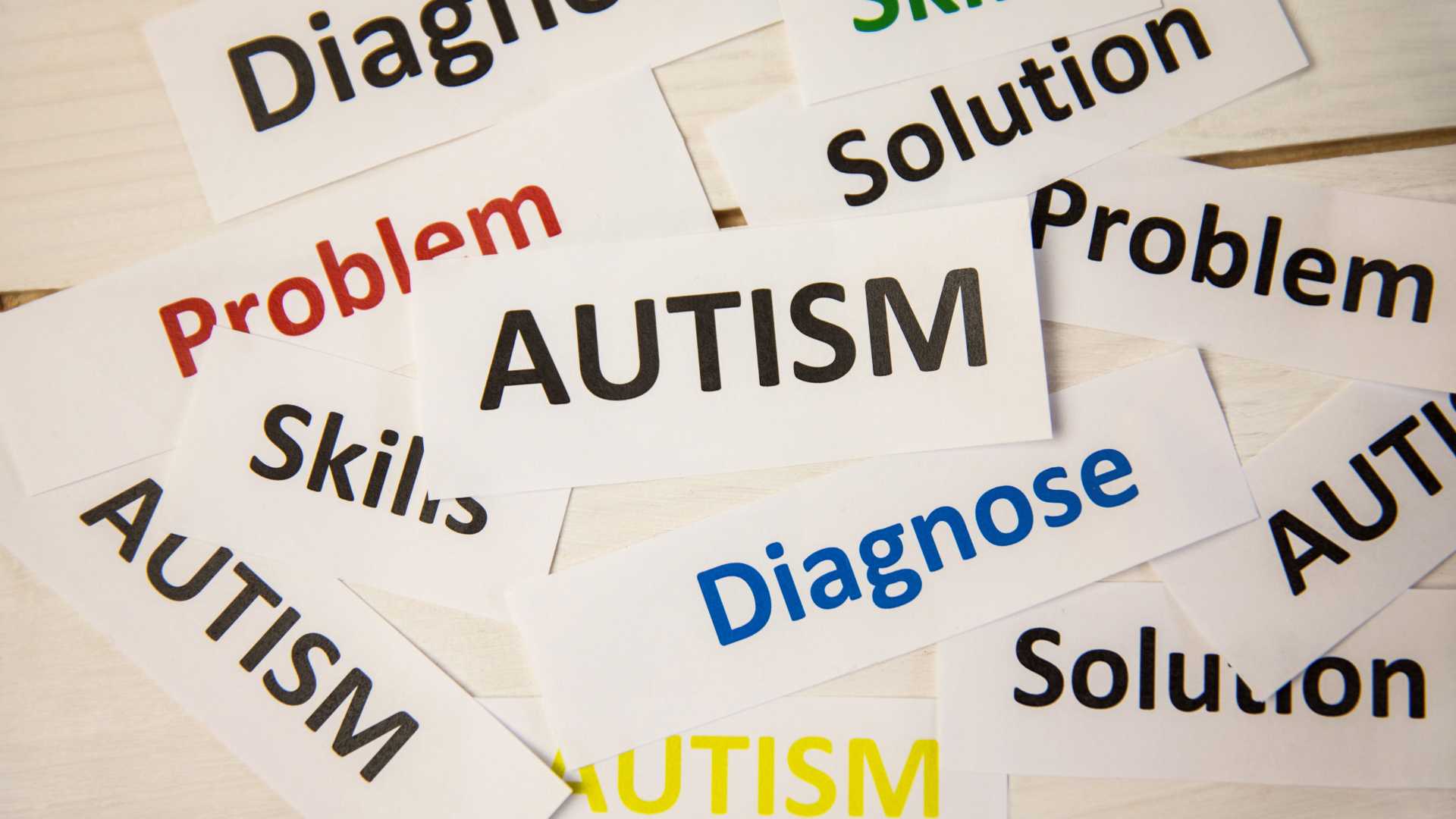Is the RAADS-R test accurate?
While discussions about autism detection often center around children, the need to identify and understand autism in adults is equally crucial. The Ritvo Autism Asperger Diagnostic Scale-Revised (RAADS-R) emerges as a pivotal tool for assessing adults suspected of being on the autism spectrum. Highly recommended by ABA agencies, the RAADS-R test offers valuable insights into the presence of autism traits in adults who may have gone undiagnosed or misdiagnosed.
This assessment is a self-report questionnaire designed to assess the presence of signs of autism in adults. It serves as a tool for individuals who suspect they may have traits associated with autism spectrum disorders (ASD). The test covers areas such as social interaction, communication, imagination, and sensory issues. It is not a diagnostic tool on its own, but it can be part of a comprehensive assessment for autism spectrum conditions.
But Is the RAADS-R test accurate? This screening testing has proven to be highly precise in distinguishing between individuals with ASD and those without a diagnosis. According to the Journal of Autism and Developmental Disorders, its sensitivity is 97%, specificity is 100%, and overall accuracy is 98.5%. This high level of accuracy was consistent across subjects evaluated at nine medical centers on three continents, with no reported difficulties in administration.
Keep in mind that this test should be viewed as an additional diagnostic aid, as it should be supervised by a qualified healthcare provider in a clinical setting rather than for self-diagnosis. If you want to know more about how this autism testing works, keep reading this blog by Texas ABA Centers.
Evolution of RAADS-R Test
In 2008, Dr. Riva Ariella Ritvo developed the RAADS-R test to address the escalating prevalence of autism in adults seeking support. This evolution aimed to bridge the gaps in autism screening and provide a nuanced understanding of cognitive and behavioral features in individuals on the autism spectrum.
Originally consisting of 78 questions, the RAADS test has transformed into the RAADS-R with 80 questions. The revised version offers a more nuanced exploration of personal interests, providing precise definitions for the initial questions. Primarily a self-reported test, it is designed for individuals over 16 with an average IQ range.
How Does It Work?
The RAADS-R questionnaire assesses a spectrum of characteristics associated with autism through 80 carefully curated questions. Respondents rate their answers on a specific scale, generating a cumulative score. A higher score indicates a greater likelihood of possessing traits associated with the autism spectrum.
The questionnaire divides questions into four main sections, each probing different facets of behavior and functioning:
- Processing Sensory Information
- Social Connections
- Communication Skills
- Specific Interests
Subscales Unveiled
To delve more deeply, let’s investigate the different subscales included in the RAADS-R test:
Language: Consists of examining small talk, echolalia, and challenges in interpreting literal meaning.
Social Relatedness: There are 39 statements exploring mentalization, mutual interests, feelings of being an outsider, bluntness, and more.
Sensory-Motor: Subscale of 20 statements assessing voice volume, voice differences, motor control issues, and engaging in sensory-seeking behaviors.
Circumscribed Interests: Delves into 14 statements probing detail preference, reactions to unexpected changes, and persistent, specialized interests.
Score Interpretation
RAADS-R scores can range from 0 to 240, with higher scores indicating a greater likelihood of autism spectrum conditions. Scores around 65 or higher often prompt further evaluation for autism spectrum conditions.
The interpretation of the score can be:
- 25: No signs of meeting autism criteria
- 50: Traits may be present, but the likelihood of having the condition is low
- 65: The minimum score suggesting the presence of ASD
- 90: A strong indication of being on the autism spectrum; it’s important to note that neurotypical individuals can also attain high scores
- 130: A typical score indicative of autism
- 160: A high indication of substantial evidence for autism
- 227: The maximum score indicating a significant presence of autism traits
The Importance of Professional Diagnosis
Autism is a complex spectrum disorder with diverse manifestations, and individuals may lack the objectivity required for a comprehensive evaluation of symptoms. Autism symptoms can overlap with those of other conditions, leading to misinterpretations. The varied presentation of ASD and the presence of comorbidities further complicate self-diagnosis.
Professional expertise from qualified healthcare professionals is essential for an accurate diagnosis, considering the nuanced social and communication challenges inherent in ASD. Additionally, a formal autism diagnosis is crucial for accessing appropriate support services and accommodations.
Advantages of Using RAADS-R for Testing Autism in Adults
While we have emphasized this before, it is crucial to note that the RAADS-R test should not be exclusively relied upon as the singular diagnostic tool for autism. Nonetheless, the test does offer significant advantages, including:
- The questionnaire provides a quantitative measure of autistic characteristics, which can be helpful in assessing the severity of specific characteristics associated with ASD
- The RAADS-R is relatively quick to administer, making it a convenient tool for initial screening purposes
- The questionnaire covers a broad range of behaviors and experiences associated with ASD, including social interaction, communication, and repetitive behaviors
- Individuals can provide information about their own experiences and behaviors
Beyond RAADS-R: Exploring Alternative Autism Testing Options
Autism Diagnostic Observation Schedule (ADOS-2): It is a meticulously designed observational assessment that systematically observes and rates social and communication behaviors. The ADOS-2 utilizes structured activities to produce social responses, allowing clinicians to evaluate an individual’s social communication skills in a standardized and objective manner. This dynamic tool is particularly effective in capturing real-time social interactions, providing valuable insights into the individual’s behavior across various contexts.
Autism Diagnostic Interview-Revised (ADI-R): It is a structured interview format that covers an individual’s developmental history and current behaviors. Administered by trained clinicians, the ADI-R delves into critical domains such as communication, social interaction, and repetitive behaviors.
Diagnostic Interview for Social and Communication Disorders (DISCO): Going beyond mere symptomatology, DISCO assesses developmental history, social interactions, communication patterns, interests, and behaviors. By encompassing a broad spectrum of domains, DISCO provides a holistic understanding of an individual’s neurodevelopmental profile.
Adult Repetitive Behavior Questionnaire (RBQ-2A): Through a series of questions, individuals provide insights into their behavioral patterns. This self-report tool is valuable for capturing the subjective experience of repetitive behaviors, offering a subtle perspective that complements other observational and interview-based assessments. The RBQ-2A is particularly useful in understanding how individuals perceive and experience their repetitive behaviors, contributing to a more holistic diagnostic evaluation.
Texas ABA Centers and Autism Diagnosis
Navigating adulthood while questioning whether you might have an undiagnosed condition can be challenging. However, thanks to advancements in understanding and acceptance of autism, it’s now easier than ever to access helpful information and tools. The RAADS-R test, for example, can illuminate whether you exhibit certain traits associated with autism, guiding you toward seeking professional help and, ultimately, an official autism diagnosis.
Moreover, finding the right resources can sometimes feel overwhelming. But fear not. At Texas ABA Centers, we have a dedicated team of autism care specialists and expert ABA therapists who provide comprehensive services to communities across Texas, including Austin, Dallas, Houston, and beyond.
If you have any doubts about being on the spectrum, please feel free to contact us at (877) 771-5725 or share your contact information. We are here to offer guidance and provide the information you need, ensuring your peace of mind and aiding you in making informed decisions.









